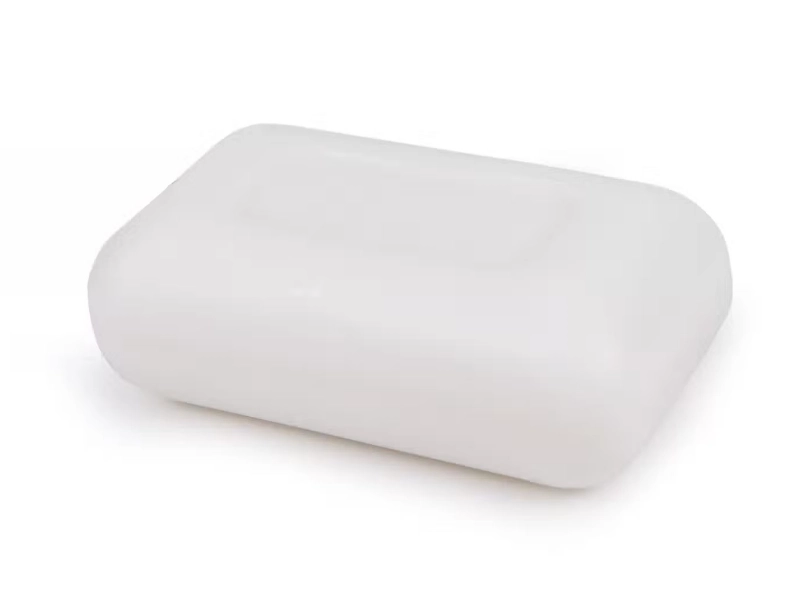Soap in Bed? The Unusual Trick That's Helping People Sleep
Advertisement
9. Alternatives to the Soap Trick

Advertisement
Should you be reluctant to use the soap in bed trick or have not found success with it, there are various more approaches and products meant to enhance sleep quality. Think about investigating these possibilities:
Magnesium supplements: Certain research point to magnesium's potential ability to lower leg cramps and enhance sleep quality. Regulating neurotransmitters directly linked to sleep depends on magnesium in great part. Magnesium supplements or foods high in magnesium including whole grains, nuts, and leafy greens should be consumed more of. Before beginning any new supplement program, though, always see a healthcare physician.
Essential oil diffusers: Lavender, chamomile, or valerian aromatherapy can help with relaxation and improved sleep. Essential oils can be sprinkled on your pillow, diluted and applied to the skin, or diffused. Different smells appeal to different people, hence don't hesitate to try to discover what suits you.
White noise machines can produce a constant background noise that might aid to hide disruptive sounds and encourage sleep. Simple fans to complex electronic devices with many sound possibilities are just a few of the several forms white noise machines take. Some people discover that the consistent hum of white noise facilitates speedier and longer-lasting sleep.
Weighted blankets: The deep pressure stimulation they offer could help lower anxiety and enhance sleep quality. Usually weighing five to thirty pounds, these blankets are meant to give a cozy, cocoon-like sensation that many find soothing. In recent years, they have become rather well-known as non-pharmacological means of enhancing sleep.
Acupressure mats work by stimulating pressure points on the body, so possibly fostering relaxation and improved sleep. Before bed, lie on an acupressure mat for 15 to 20 minutes to help your body be ready for sleep and ease muscles. Although the first sensation can be strong, many users say they feel quite calm following use.
Herbal teas free of caffeine, such as passionflower, valerian root, or chamomile, may have relaxing properties supporting improved sleep. Including a cup of herbal tea into your evening ritual might be both a possible sleep aid and a calming habit. To prevent evening toilet trips, remember to sip tea at least one hour before bed.
Apps for tracking your sleep can help you see areas in which your sleep hygiene needs work and monitor your sleep patterns. Many of these apps capture movement and sound in your smartphone's sensors throughout the night, therefore offering information on your sleep cycles. Although it's not a straight fix, the information from these applications can guide your choices on how you sleep.
Cognitive Behavioral Therapy for Insomnia (CBT-I) is a methodical program designed to help you recognize and substitute habits that support good sleep for ideas and actions causing or aggravating insomnia. Considered the first-line treatment for persistent insomnia, CBT-I has been shown successful in several studies.
Light therapy: Your circadian rhythm can be helped by day exposure to strong light and evening reduction of blue light intake. Those suffering with seasonal affective disorder or shift work sleep disturbance may find very beneficial light therapy boxes.
Before bed, try progressive muscular relaxation, guided imagery, or mindfulness meditation to help quiet your body and mind. Apps, movies, or courses can all teach these methods; they are also great instruments for enhancing sleep quality.
Recall that solving your sleep problems could call for some trial and error. If you have regular trouble sleeping or worries about the quality of your sleep, it is always advisable to see a healthcare practitioner. They can offer tailored guidance on enhancing your sleep and help rule out underlying medical concerns.
You May Like
Advertisement

